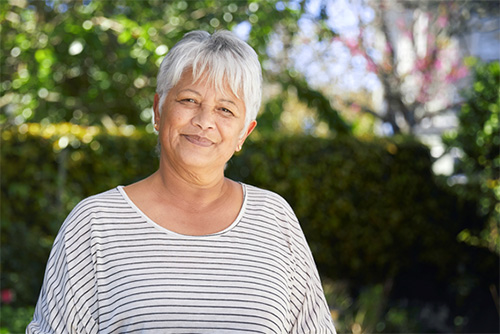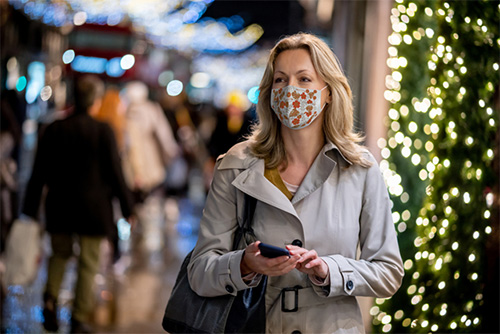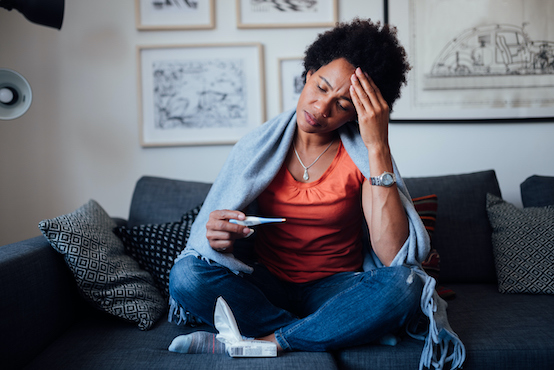Authored by Dr. Sharon Stills, NMD
According to a new large-scale study on vitamins and Covid-19 published in the journal BMJ Nutrition, Prevention and Health, the answer appears to be yes — especially for women who’ve taken at least one of the four supplements identified in the study as most important.

The study was enormous, with data from 445,000 people from the United States, United Kingdom and Sweden, and well-structured too. Participants tracked their health for three-months during the pandemic via an app that asked questions about lifestyle and health habits.
The app asked users if they had taken any of the following supplements at least three times a week for more than three months: Omega-3 fatty acids, probiotics, garlic, multivitamins, Vitamin D, Vitamin C and zinc.
The results? Americans who reported taking probiotics, Omega-3 fatty acids, multivitamins or a Vitamin D supplement respectively had an 18%, 21%, 12%, and 24% reduced risk of testing positive for Covid-19 during the three months of the study.
No protective effect was observed for those taking Vitamin C, zinc or garlic supplements. And, this correlation between supplement use and lowered Covid risk was not seen in men who took part. UK and Swedish data showed similar patterns.
Study limitations
Now, researchers have been quick to point out that their findings are preliminary and observational, given that data was self-reported. In other words, this was not a double blind randomized clinical trial. Participants were simply recording their own choices and outcomes.
When I read this new study, I could see the limitations — it’s correlation not causation being described here. For example, it’s possible that women taking these supplements also practiced better social distancing. Still, I began connecting the dots with other research that’s come out recently on some of these same vitamins. It’s clear that we have growing evidence that optimal nutrient levels make a difference for how our bodies respond to viral attacks.
Correlations with other studies
Consider, for example, new research from the Chinese University of Hong Kong that the microbiome (the name for the variety of bacteria in the gut) may influence patients’ immune system response to Covid-19 and, in turn, the severity of disease. The study, published in the April 2021 edition of the journal Gut, is just one in a series of research efforts to better understand if supplements — in this case, probiotics — can help in reducing Covid-19 infection or duration of illness. Other research on probiotics shows that those with higher intake of fermented foods (which are naturally rich in probiotics) also have lower Covid-19 infection rates and that those who do get infected have a shorter illness.
Other studies over the past year have also made similar connections, including one that found having optimal Vitamin D status helps to reduce severity of symptoms. Another study suggests high Vitamin D levels may protect against Covid-19, especially for Black people.
As for Omega-3s, in a pilot study published in the journal Prostaglandins, Leukotrienes and Essential Fatty Acids, investigators turned up evidence that individuals with higher levels of Omega-3 in their blood may potentially be at a reduced risk of dying from Covid-19. Omega-3s have long been known to be part of healthy immune support. The same goes for multivitamins. These include the raw materials your body needs daily to repair and replenish all its systems, including immune function.
Researchers involved in the BMJ Nutrition study can’t make strong recommendations based on their one observational study. Still, it’s exciting to have some of the first large-scale data connecting supplement use with reduced Covi-19 risk.
Share your experience!
Are you taking any of these same supplements: Omega-3s, Vitamin D, probiotics and multivitamins? We’d love to collect some data of our own. Please email us at support@womenshealthnetwork with your experience taking supplements during the pandemic.
References










